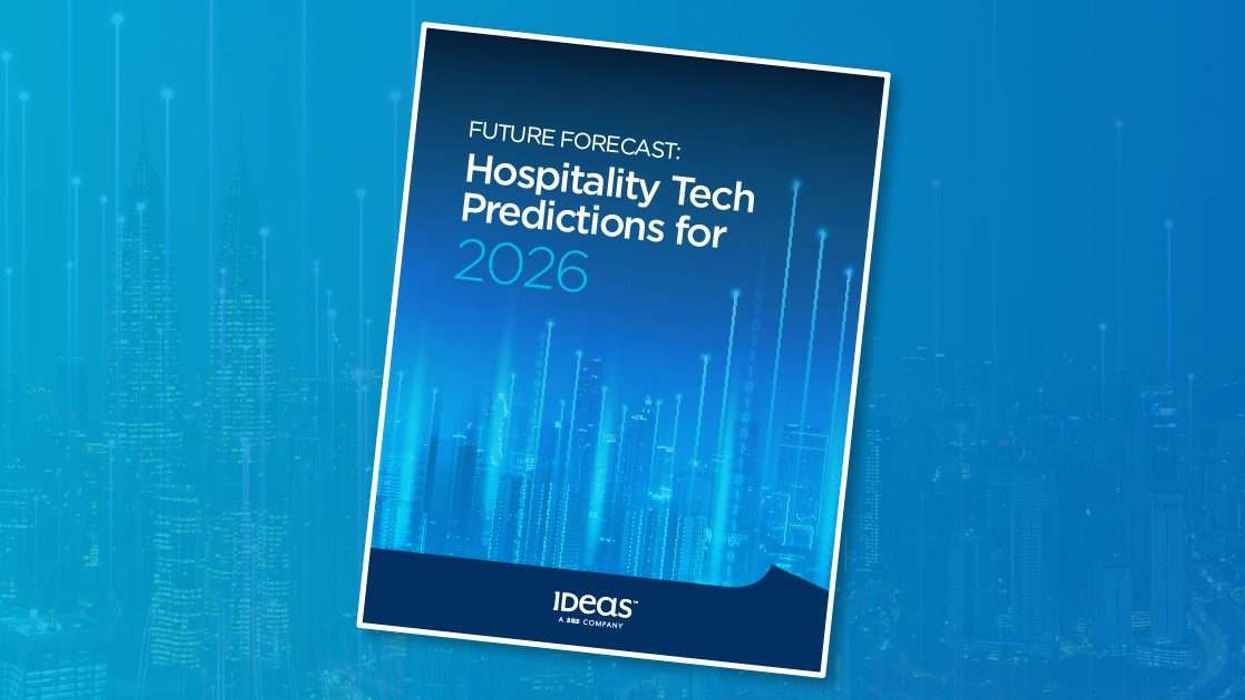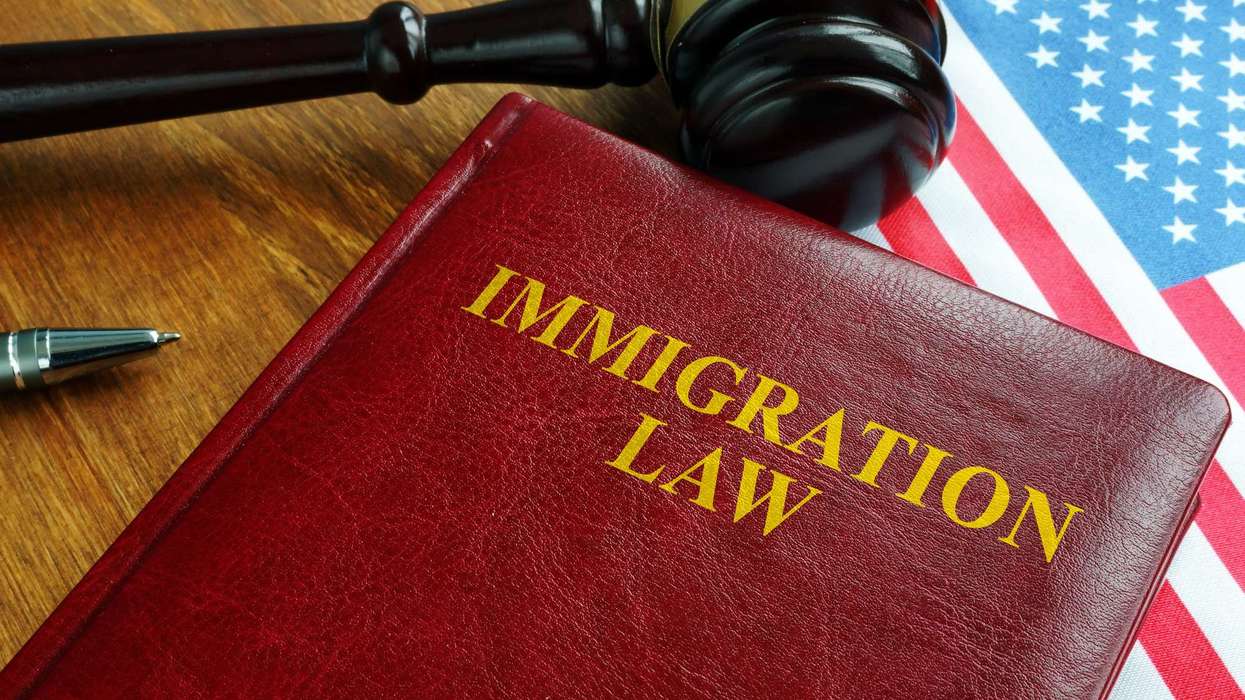Summary:
- Only 54 percent of hoteliers use integrated tools despite consensus, according to IDeaS.
- About 89 percent plan new AI applications.
- Sustainability is stated as a priority, but many hotels deprioritize it.
ONLY 54 PERCENT OF hoteliers use integrated tools despite broad agreement on the need for unified systems, according to an IDeaS study. However, 89 percent are planning new AI applications and the “augmented hotelier” is emerging through chatbots, mobile check-in and AI-driven decision support.
IDeaS’s annual e-book, “Future Forecast: Hospitality Tech Predictions for 2026,” explores large shifts, including the push to simplify and unify fragmented tech stacks, the convergence of commercial strategies across revenue, marketing, and sales and the drive for resilient, sustainable operations.
“Hospitality is at a pivotal moment where technology, AI and unified strategies can unlock new ways of operating,” said Klaus Kohlmayr, IDeaS’ chief evangelist and development officer. “This isn’t about replacing people; it’s about empowering them to simplify complexity, innovate faster, and deliver experiences that drive both profitability and sustainability.”
Future-ready hotels will align sales, marketing and revenue management around a single source of truth to improve segmentation, optimize channels and speed market response, the report said. Automation, upskilling and cross-training are key investments for operational resilience and talent retention.
While sustainability remains a stated priority, many hotels still deprioritize it in practice. The report outlined ways to align eco-efficiency with profitability through forecasting, resource optimization and flexible operating models.
In July, a joint study by FreedomPay and Toast found that data security, system integration, growth enablement and secure payment processing are top priorities for enterprise hospitality leaders.






